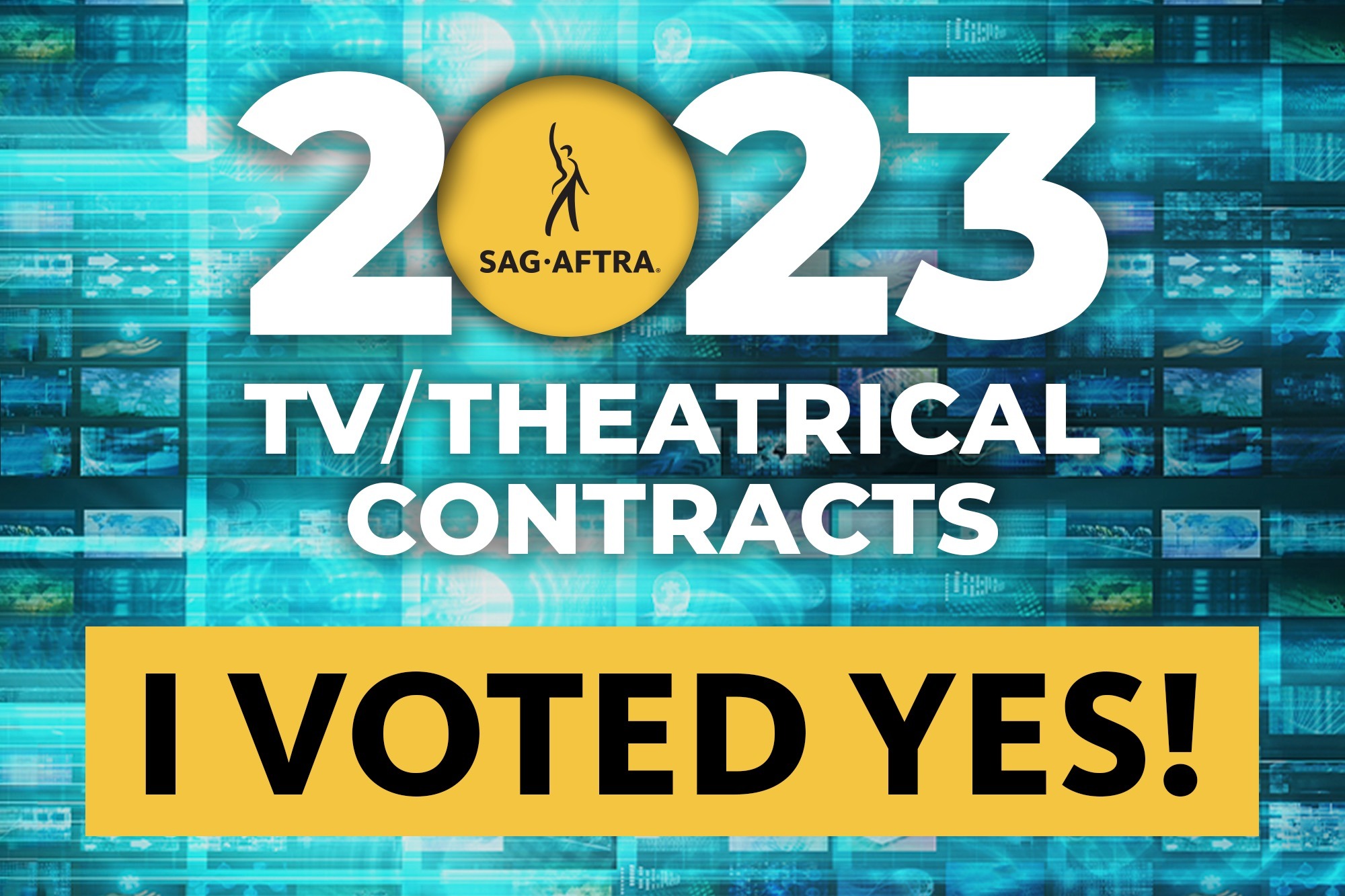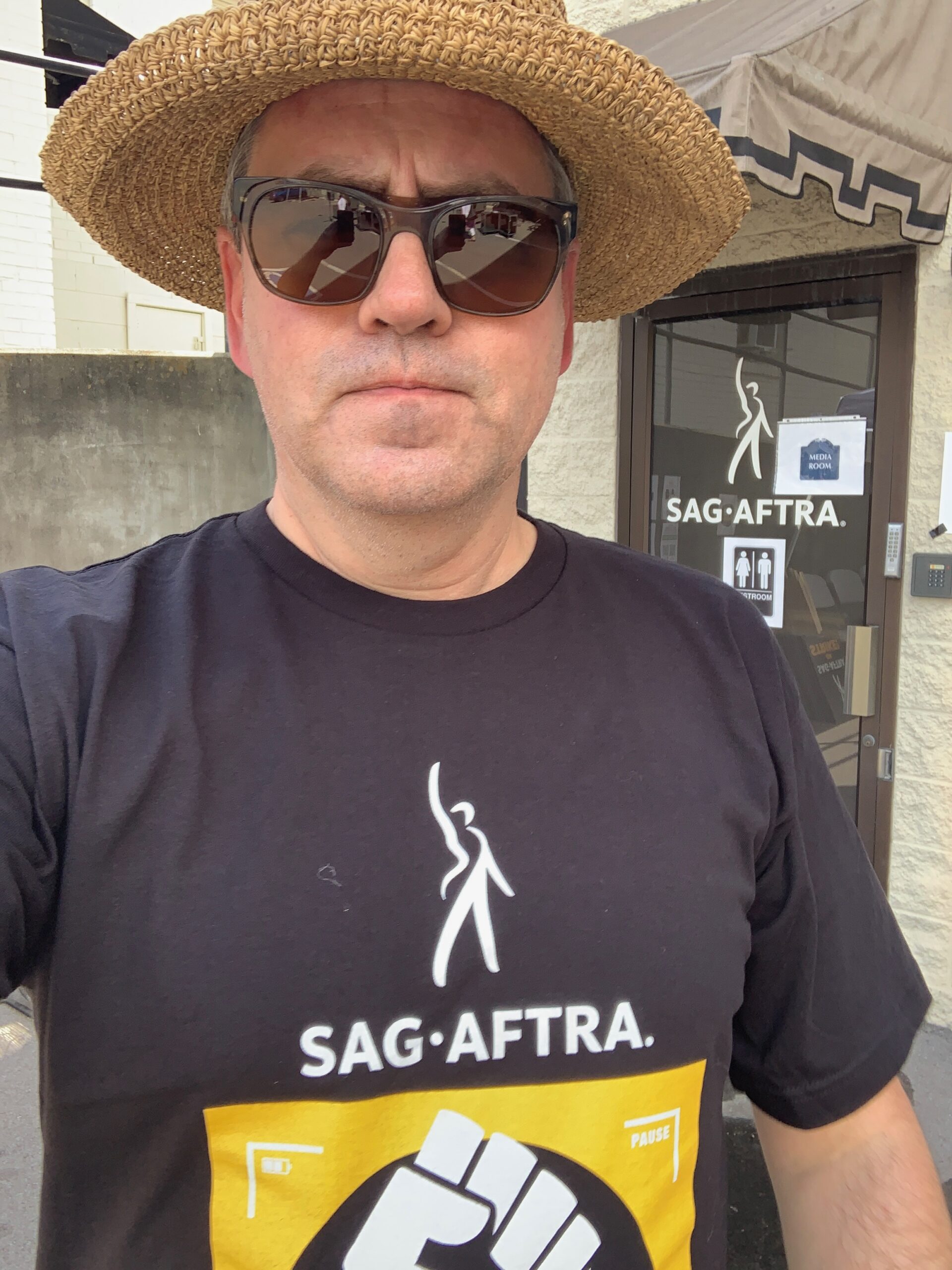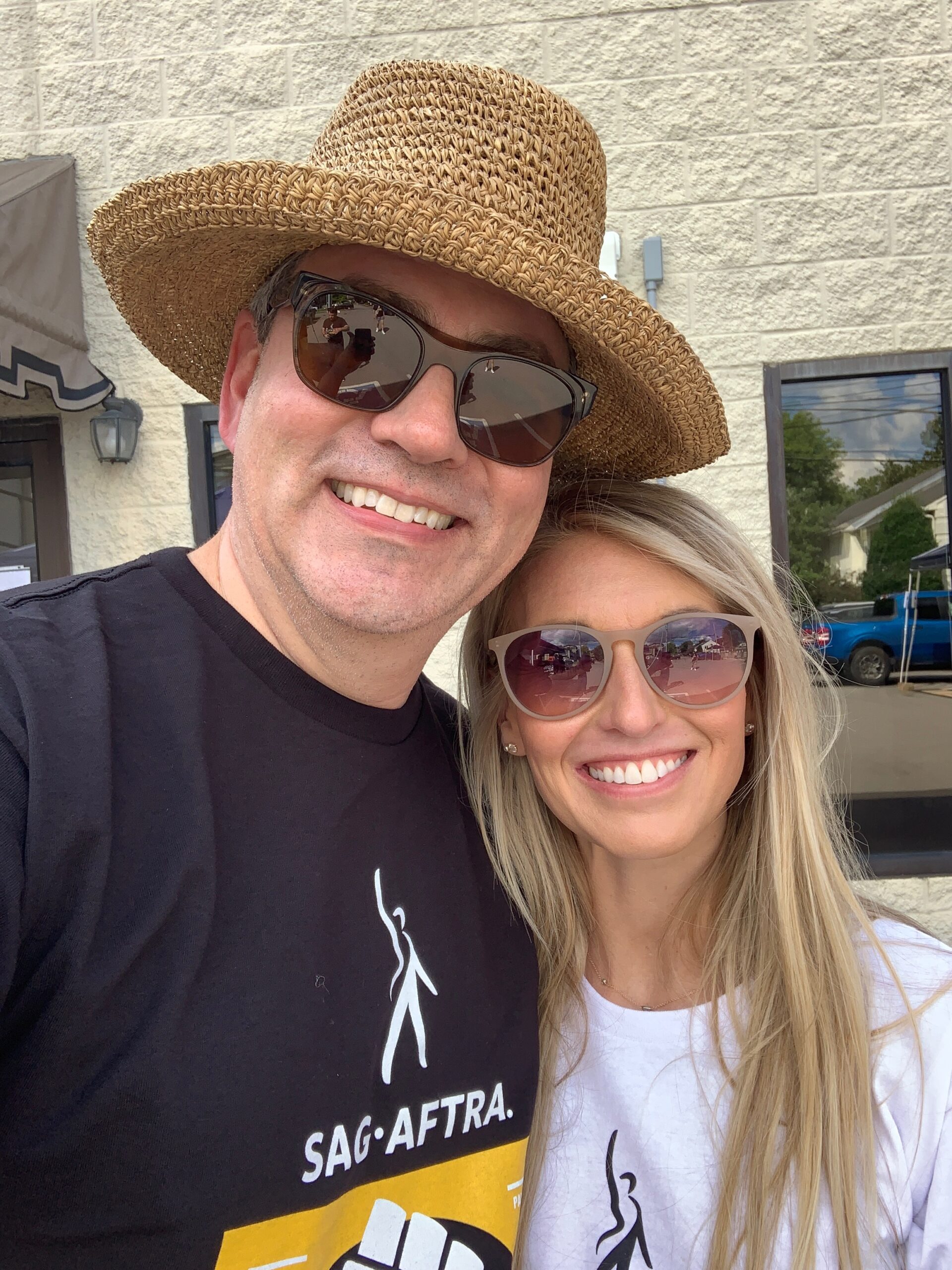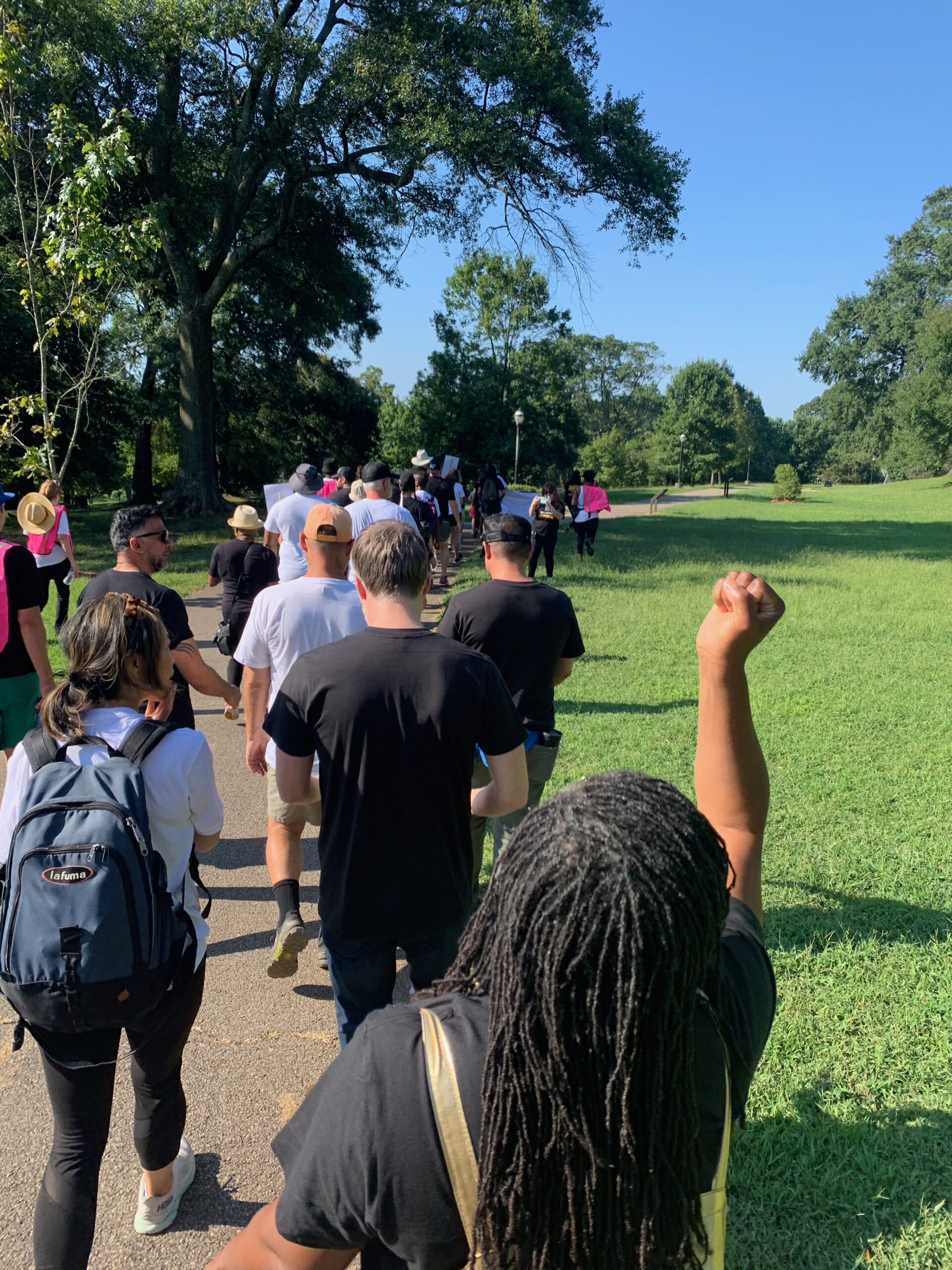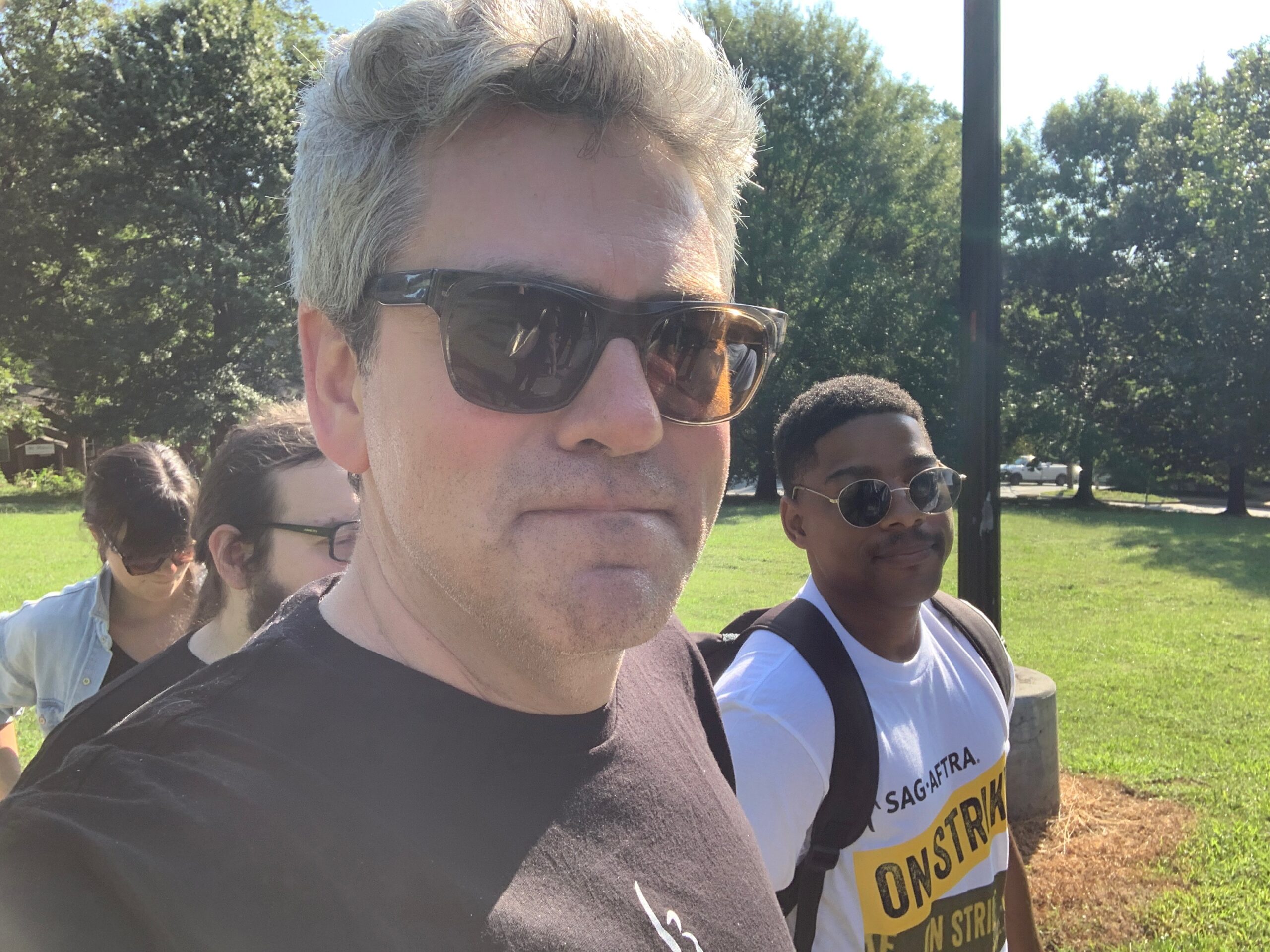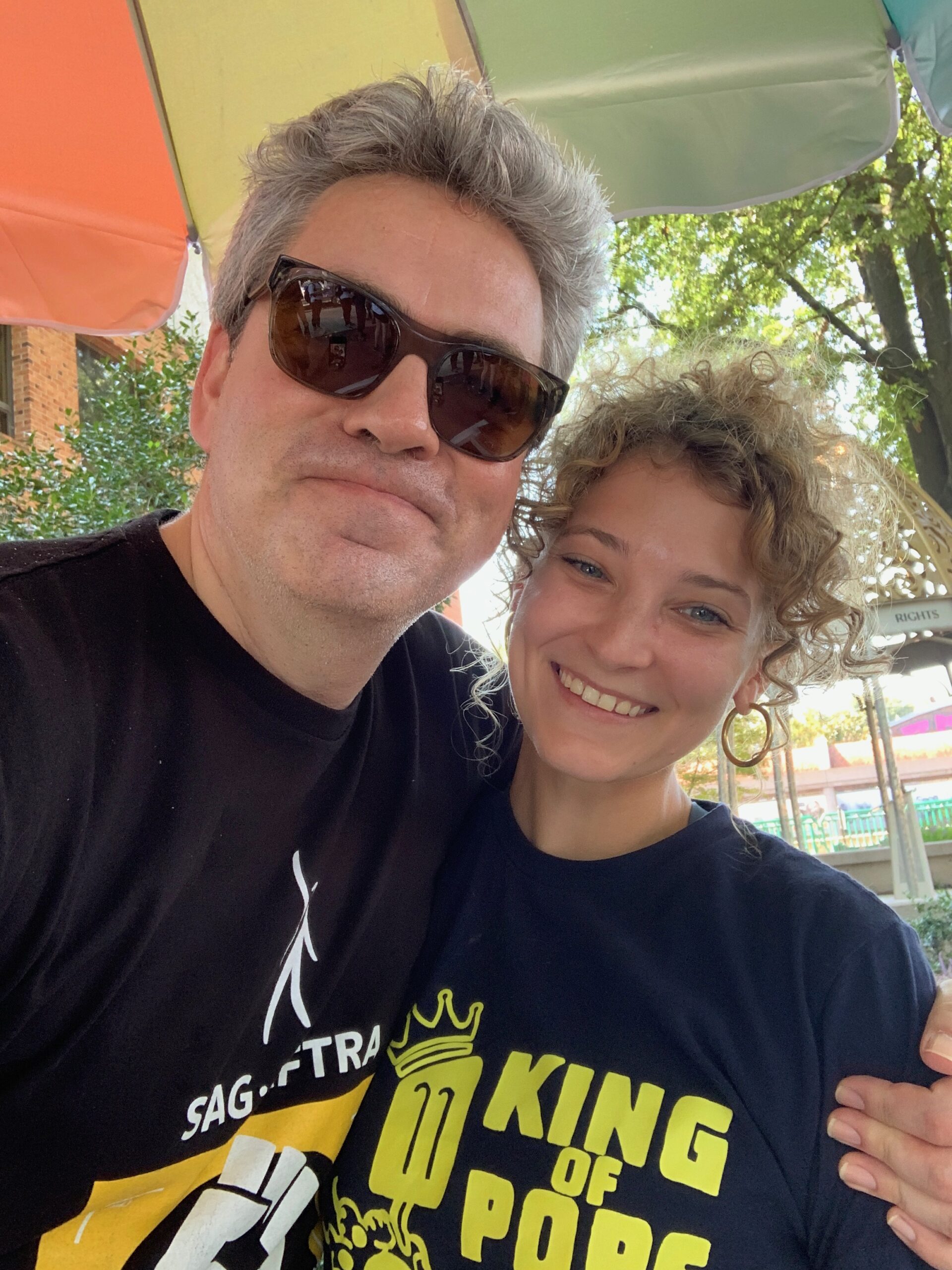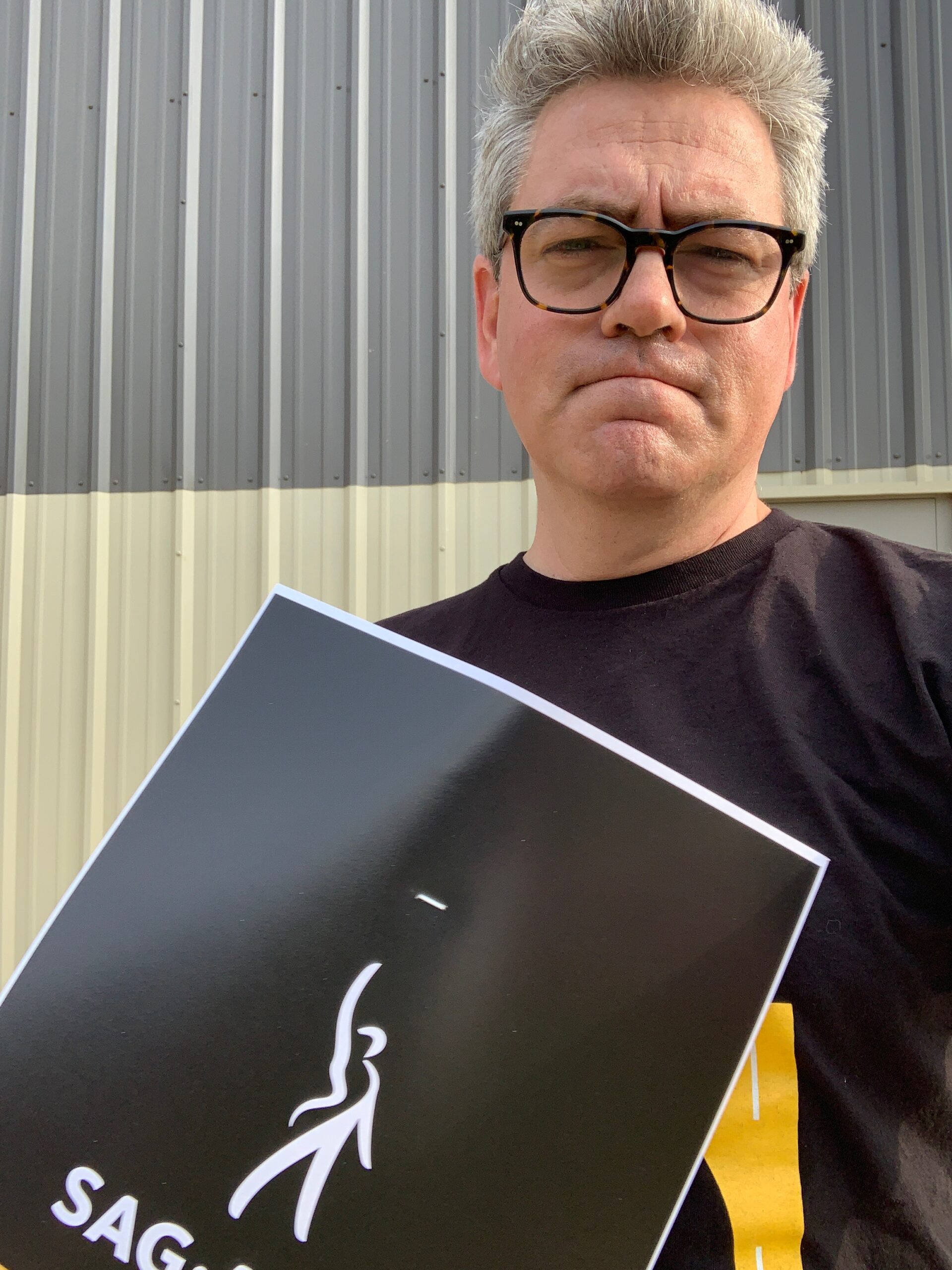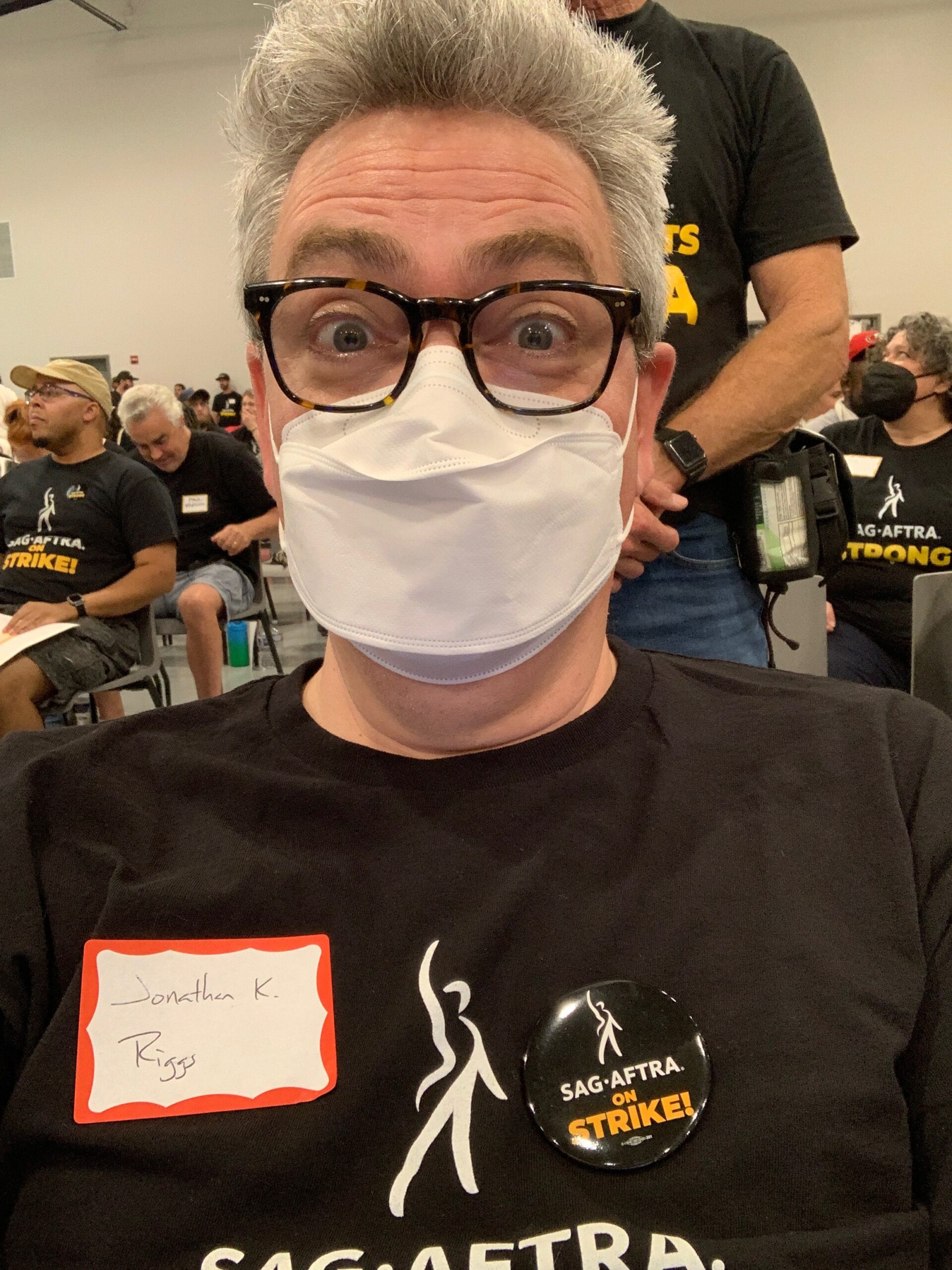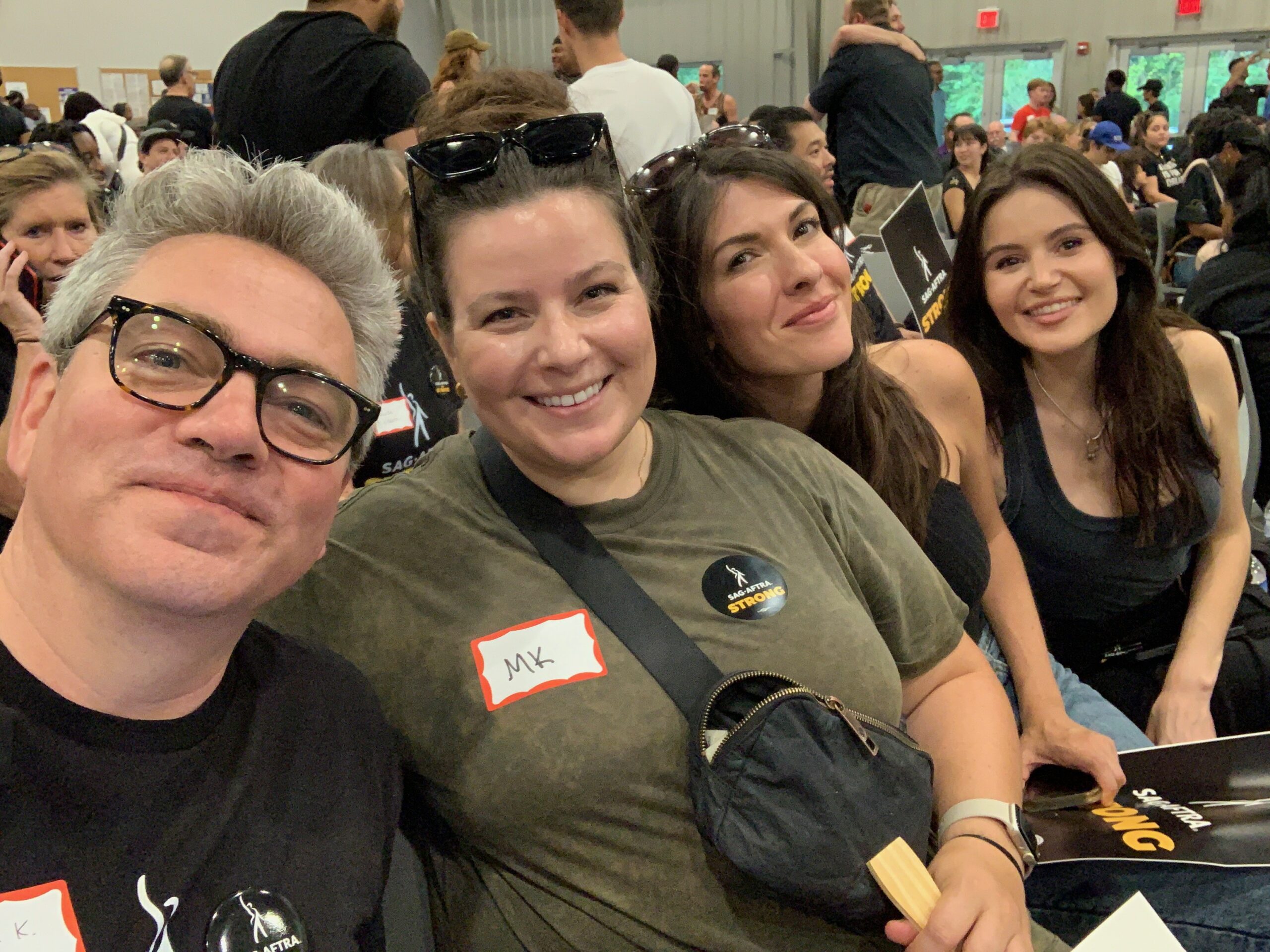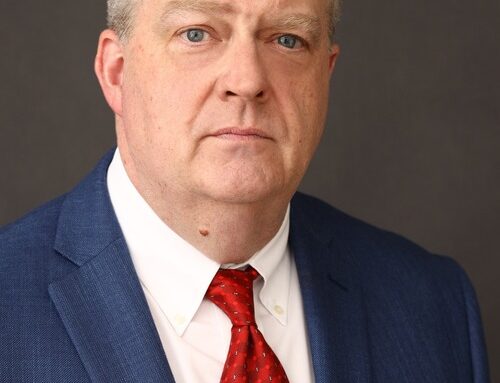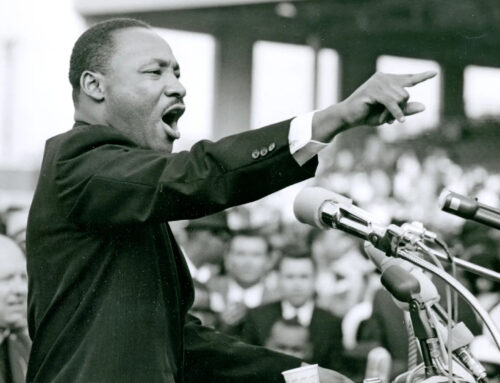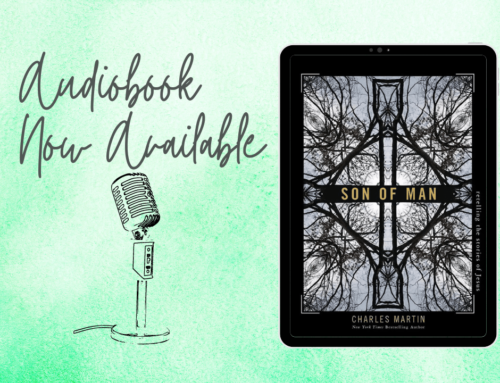I voted “YES” on the proposed 2023 SAG-AFTRA TV/Theatrical contract. Here are my reasons.

SAG-AFTRA National Executive Director and Chief Negotiator Duncan Crabtree-Ireland
First, I trust our leaders, most notably Duncan Crabtree-Ireland, whom I’ve followed since before he was named the National Executive Director. I’ve watched his videos, read his articles, listened to his podcasts, and drove to Atlanta twice during this strike to hear him speak and shake his hand. I find him approachable and down to earth, yet he has never failed to impress me. He is extremely knowledgeable about our industry and labor law and, even when faced with criticism, remains calm and respectful. I believe he is a wonderful leader and I am learning a ton just by watching him.

Actor and President of SAG-AFTRA (Nashville Local) Carla Christina Contreras
I’m also confident that the concerns of SouthEast actors were recognized in this process thanks to our representation in the negotiating committee. This includes Eric Goins from Atlanta and my president Carla Christina Contreras. I challenge you to find anyone in Nashville who cares more about the well-being of our community and puts actions behind her words. She’s smart, tenacious, and compassionate. I’m grateful to know her.
I recognize that our society as a whole is uneasy for a variety of reasons and that this unease is brought to bear in this decision. Many of us “armchair negotiators” fantasize that, if we were in the room, we would have modified this word to that and included such bullet points that are tossed around as “deal breakers” on social media. No matter.
This process is a negotiation—and a hard-fought-for one at that. It includes SIGNIFICANT gains and I believe it’s in our best interest to ratify it. I believe this because I believe in this fight and I believe in those that fought on our behalf.
What I Like
- Structural changes to our compensation that reflect how media is consumed today
- Guardrails in place for the use of artificial intelligence when replicating or manipulating an actor’s performance
- Acknowledgment of geographical discrimination towards those of us outside the L.A. and NYC markets
- Self-tape requirements including minimum turnaround time, maximum page count, and we get our weekends back!
- Additional respect and recognition given to background actors
- Many inclusivity gains including those for actors with disabilities
- Sexual harassment prevention protocols including the use of intimacy coordinators
There are LOTS of articles and podcasts about this summer’s strikes by the WGA and SAG-AFTRA. Here are three of my favorites that sealed the deal for me.
 Strike Talk. This podcast is hosted by Hollywood screenwriter (and WGA member) Billy Ray and has been very informative throughout the entire dual strikes. In addition to his knowledge of the industry, he has a solid appreciation of history and a firm grasp on American Labor. His guests have included entertainment colleagues and politicians, but my favorite part of his episodes is his 5-10 minute preamble, which have consistently been enlightening. As far as the SAG-AFTRA tentative agreement is concerned, listen to episode 29 where he interviews SAG-AFTRA president Fran Drescher and WGA president Meredith Stiehm.
Strike Talk. This podcast is hosted by Hollywood screenwriter (and WGA member) Billy Ray and has been very informative throughout the entire dual strikes. In addition to his knowledge of the industry, he has a solid appreciation of history and a firm grasp on American Labor. His guests have included entertainment colleagues and politicians, but my favorite part of his episodes is his 5-10 minute preamble, which have consistently been enlightening. As far as the SAG-AFTRA tentative agreement is concerned, listen to episode 29 where he interviews SAG-AFTRA president Fran Drescher and WGA president Meredith Stiehm.
 The Business. Kim Masters of The Hollywood Reporter hosts this podcast regarding the latest entertainment industry news and personalities. She interviewed Justine Bateman and Duncan Crabtree-Ireland (in separate interviews). Bateman has been in the industry at least since starring in Family Ties. These days, she writes and directs more than she acts, but retains her membership with SAG-AFTRA. She also holds a degree in computer science and digital media management. She consulted the SAG-AFTRA’s negotiating committee regarding A.I. and has been among the most vocal critics of the agreement for not offering enough protection against this technology. Even though I voted to ratify the contract, I believe Justine Bateman and her concerns are worth listening to. Hear both interviews in this episode from November 24th.
The Business. Kim Masters of The Hollywood Reporter hosts this podcast regarding the latest entertainment industry news and personalities. She interviewed Justine Bateman and Duncan Crabtree-Ireland (in separate interviews). Bateman has been in the industry at least since starring in Family Ties. These days, she writes and directs more than she acts, but retains her membership with SAG-AFTRA. She also holds a degree in computer science and digital media management. She consulted the SAG-AFTRA’s negotiating committee regarding A.I. and has been among the most vocal critics of the agreement for not offering enough protection against this technology. Even though I voted to ratify the contract, I believe Justine Bateman and her concerns are worth listening to. Hear both interviews in this episode from November 24th.
 The L.A. Times. In his op-ed “Can Hollywood’s new SAG-AFTRA contract hold AI at bay?,” entertainment and IP attorney Justin Hughes argues the strengths of the AI protections in the contract and the precedent it may set for all workers facing technological replacement.
The L.A. Times. In his op-ed “Can Hollywood’s new SAG-AFTRA contract hold AI at bay?,” entertainment and IP attorney Justin Hughes argues the strengths of the AI protections in the contract and the precedent it may set for all workers facing technological replacement.
There weren’t any studio offices to picket here in the Southeast, but we did have rallies and events. Here are some pictures of those I participated in. Click for captions.
Read my comment policy.

